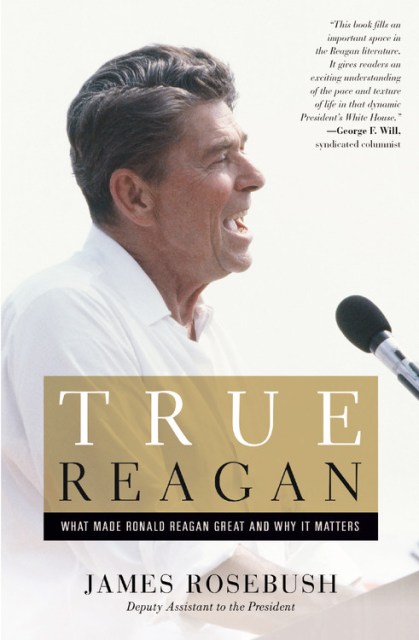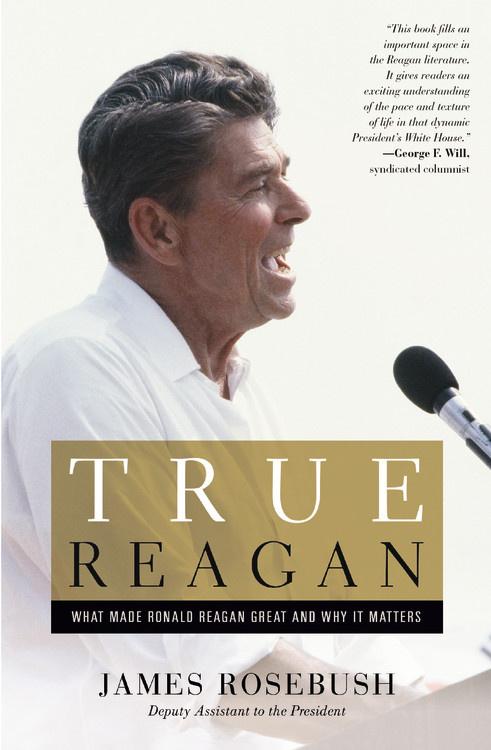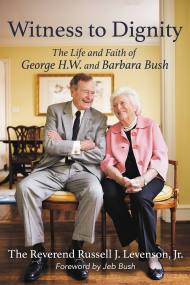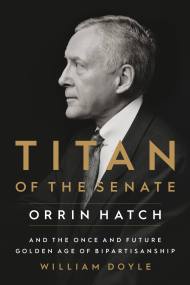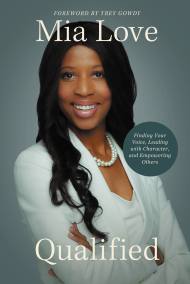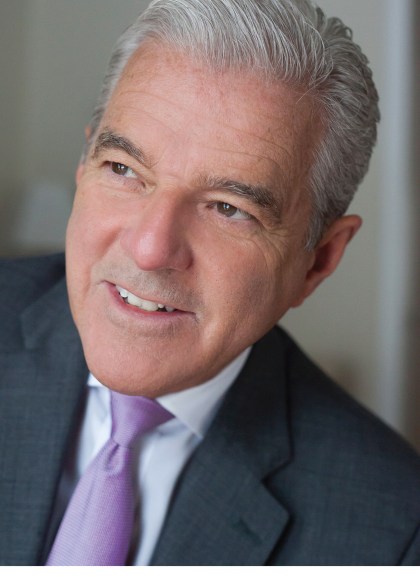Promotion
Use code MOM24 for 20% off site wide + free shipping over $45
True Reagan
What Made Ronald Reagan Great and Why It Matters
Contributors
Formats and Prices
Price
$15.99Price
$20.99 CADFormat
Format:
- Trade Paperback $15.99 $20.99 CAD
- ebook $6.99 $8.99 CAD
- Hardcover $37.00 $47.00 CAD
- Audiobook Download (Unabridged)
This item is a preorder. Your payment method will be charged immediately, and the product is expected to ship on or around April 18, 2017. This date is subject to change due to shipping delays beyond our control.
Also available from:
WHAT MADE RONALD REAGAN TICK? What was the secret to his greatness, the source of his influence, the key to his character, the strength behind his leadership?
And why does it matter to the nation today?
Just the mention of his name still evokes deep admiration and affection among Americans of every stripe, on both sides of the aisle. Many have previously sought to capture the essence of this very public figure often called “mysterious and unknowable.” But now, as James Rosebush tells Reagan’s story from first-hand experience in TRUE REAGAN, we come closer to understanding the heart of this great American.
In his roles as the longest-serving Chief of Staff to Nancy Reagan and Deputy Assistant to President Reagan (his point man on philanthropy and public/private partnerships), James Rosebush had unrivaled one-on-one access to Reagan, observing his personality, his decision-making, his guarded nature. Rosebush’s revelations are moving and meant to inspire us to look to our 40th President for guidance now as we face the global challenges of a complicated 21st century.
Ronald Reagan was first and foremost an intensely private person, although the life he led placed him at the center of people’s attention from his earliest years. Small-town boy and college athlete, sportscaster and lifelong sports fan, actor and movie star, union leader and TV spokesman, Democrat and Republican, governor and president: what an incredible and extraordinary path. Rosebush tells how his center core was formed by his mother, who devoted herself to helping others even as the Reagans struggled themselves. The spiritual foundation she instilled in him by teaching him the Bible governed his thoughts, beliefs and actions all his life.
In a very real sense, his upbringing destined Reagan to become a global evangelist for American Exceptionalism – but importantly, as Rosebush learned first-hand, that did not mean Reagan thought Americans themselves were superior, as today’s pundits and politicians often preach. Rather, Reagan believed that the ideals of America’s founding were superior, enabling all Americans to live lives based on high ideals and spiritual principles, and thus achieve unparalleled success. Reagan was uniquely able to lead from true conviction and strength, his confidence stemming from an unshakeable fundamental belief system.
Better understanding the essence of this inspiring and principled leader is critical to our future. Journey back with Rosebush through the innumerable examples he recounts from first-hand observation and marvel once again at TRUE REAGAN.
And why does it matter to the nation today?
Just the mention of his name still evokes deep admiration and affection among Americans of every stripe, on both sides of the aisle. Many have previously sought to capture the essence of this very public figure often called “mysterious and unknowable.” But now, as James Rosebush tells Reagan’s story from first-hand experience in TRUE REAGAN, we come closer to understanding the heart of this great American.
In his roles as the longest-serving Chief of Staff to Nancy Reagan and Deputy Assistant to President Reagan (his point man on philanthropy and public/private partnerships), James Rosebush had unrivaled one-on-one access to Reagan, observing his personality, his decision-making, his guarded nature. Rosebush’s revelations are moving and meant to inspire us to look to our 40th President for guidance now as we face the global challenges of a complicated 21st century.
Ronald Reagan was first and foremost an intensely private person, although the life he led placed him at the center of people’s attention from his earliest years. Small-town boy and college athlete, sportscaster and lifelong sports fan, actor and movie star, union leader and TV spokesman, Democrat and Republican, governor and president: what an incredible and extraordinary path. Rosebush tells how his center core was formed by his mother, who devoted herself to helping others even as the Reagans struggled themselves. The spiritual foundation she instilled in him by teaching him the Bible governed his thoughts, beliefs and actions all his life.
In a very real sense, his upbringing destined Reagan to become a global evangelist for American Exceptionalism – but importantly, as Rosebush learned first-hand, that did not mean Reagan thought Americans themselves were superior, as today’s pundits and politicians often preach. Rather, Reagan believed that the ideals of America’s founding were superior, enabling all Americans to live lives based on high ideals and spiritual principles, and thus achieve unparalleled success. Reagan was uniquely able to lead from true conviction and strength, his confidence stemming from an unshakeable fundamental belief system.
Better understanding the essence of this inspiring and principled leader is critical to our future. Journey back with Rosebush through the innumerable examples he recounts from first-hand observation and marvel once again at TRUE REAGAN.
Genre:
- On Sale
- Apr 18, 2017
- Page Count
- 288 pages
- Publisher
- Center Street
- ISBN-13
- 9781455593842
Newsletter Signup
By clicking ‘Sign Up,’ I acknowledge that I have read and agree to Hachette Book Group’s Privacy Policy and Terms of Use
